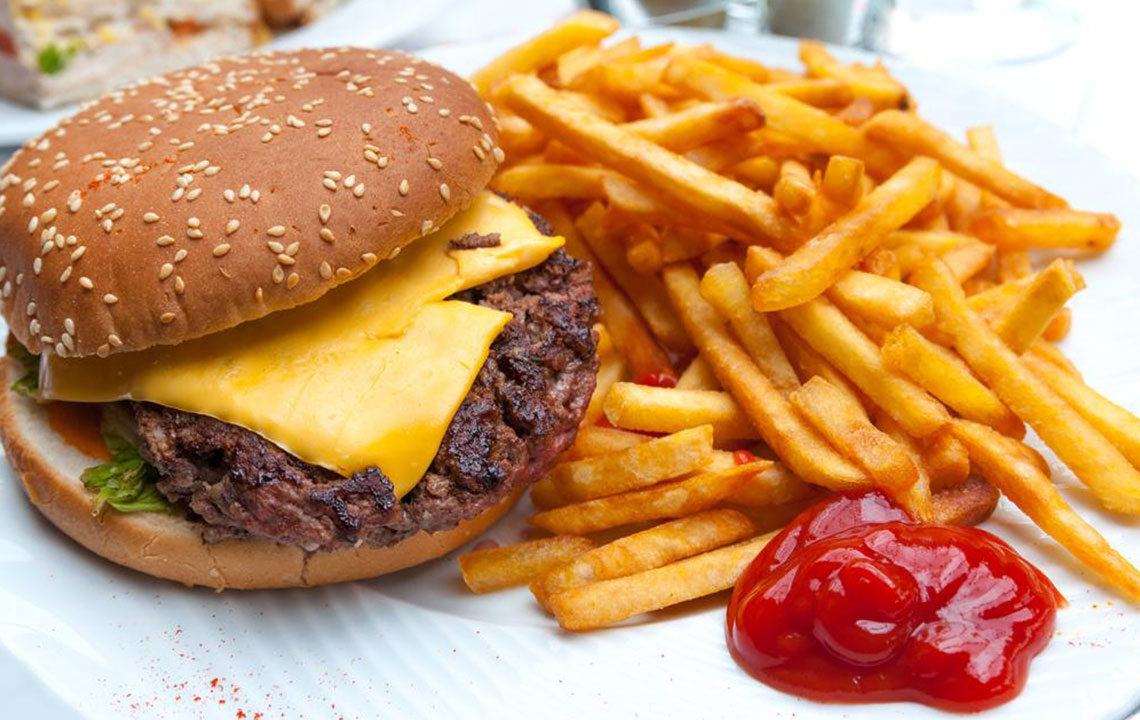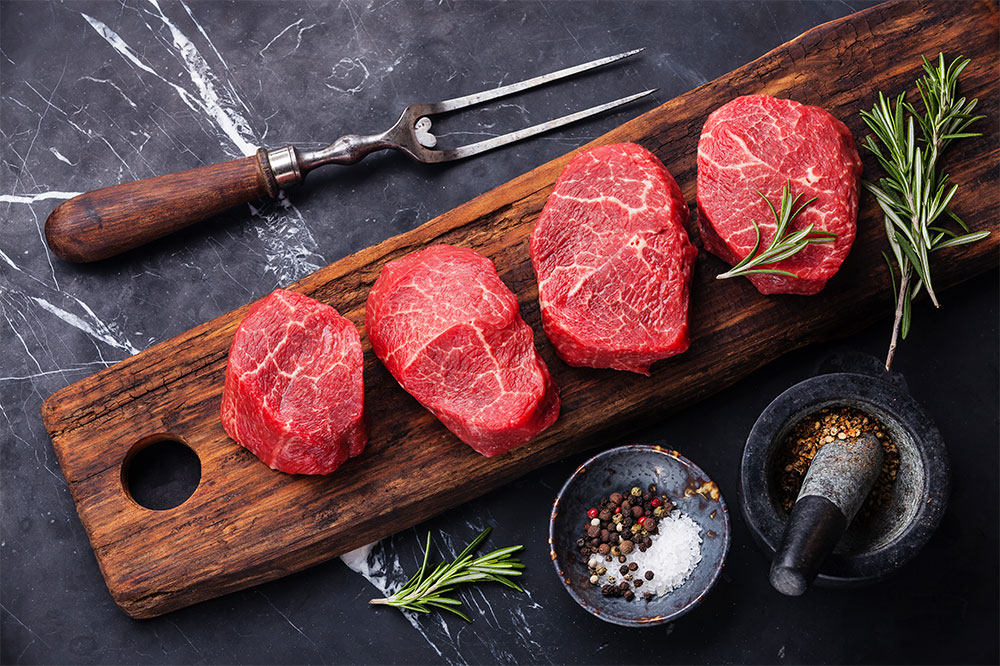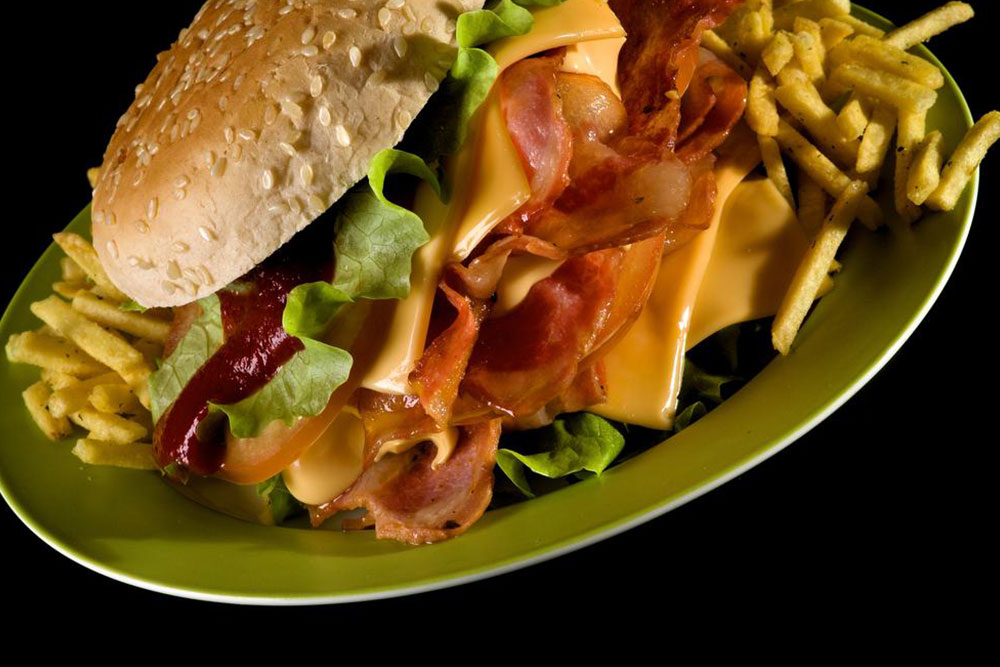Essential Dietary Tips for Managing Arthritis Symptoms
Discover crucial dietary modifications for arthritis management by avoiding foods that cause inflammation. Learn which foods to limit, including red meat, processed foods, and high-temperature cooked items. Adopting these tips can help reduce joint pain and improve overall health, though a balanced diet alone isn't a cure. Stay informed and make healthier choices to better manage rheumatoid arthritis symptoms effectively.

Foods to Steer Clear of When Living with Arthritis
If you're battling rheumatoid arthritis, you naturally seek effective ways to reduce discomfort. Interestingly, certain everyday foods might worsen your condition. Incorporating an anti-inflammatory diet can help minimize symptoms, but remember, no diet alone can cure arthritis. Prioritize nutrient-rich foods and avoid those that trigger inflammation, thereby improving joint health and reducing pain.
Reducing intake of certain foods can significantly ease arthritis symptoms. Recognizing these foods helps manage inflammation and prevents unnecessary weight gain, which can strain joints. Here are common dietary culprits to watch out for, as they may promote inflammation and overall health decline.
Red Meat
High in saturated fats and omega-6 fatty acids, red meat can heighten inflammation and contribute to weight gain. Some patients reported symptom relief after limiting red meat intake. Opt for lean cuts if you choose to include it in your diet.
Refined Carbohydrates and Sugars
Foods like white bread, pastries, white rice, and sugary drinks spike blood sugar levels. Elevated blood sugar prompts the release of inflammatory cytokines, aggravating joint pain. Avoiding these can help reduce inflammation and prevent weight gain.
Frequent Consumption of Fried Foods
Fried items contain toxins such as advanced glycation end products (AGEs), which increase oxidative stress. They also contain high fat levels, promoting obesity and worsening inflammation. Limiting fried foods is beneficial.
Gluten-Containing Foods
Found in wheat, barley, and rye, gluten may trigger inflammation, especially in individuals with autoimmune conditions like rheumatoid arthritis and celiac disease.
Alcohol
Although effects vary, excessive alcohol intake can increase inflammation markers like C-reactive protein, potentially worsening arthritis symptoms. Moderation or avoidance is advisable.
Processed and Packaged Foods
Snack foods, ready-to-eat meals, and fast foods often contain unhealthy ingredients such as refined flour, saturated fats, and added sugars. Reading nutritional labels carefully helps make healthier choices.
High-Temperature Cooked, Grilled, or Pasteurized Foods
Foods processed at very high temperatures develop AGEs, which can damage proteins and promote inflammation. Staying away from charred, grilled, or heavily processed foods can support joint health.
While there's no specific diet to cure rheumatoid arthritis, avoiding these foods can help manage symptoms and improve quality of life. Being mindful of your diet allows for better control over inflammation and joint discomfort.










